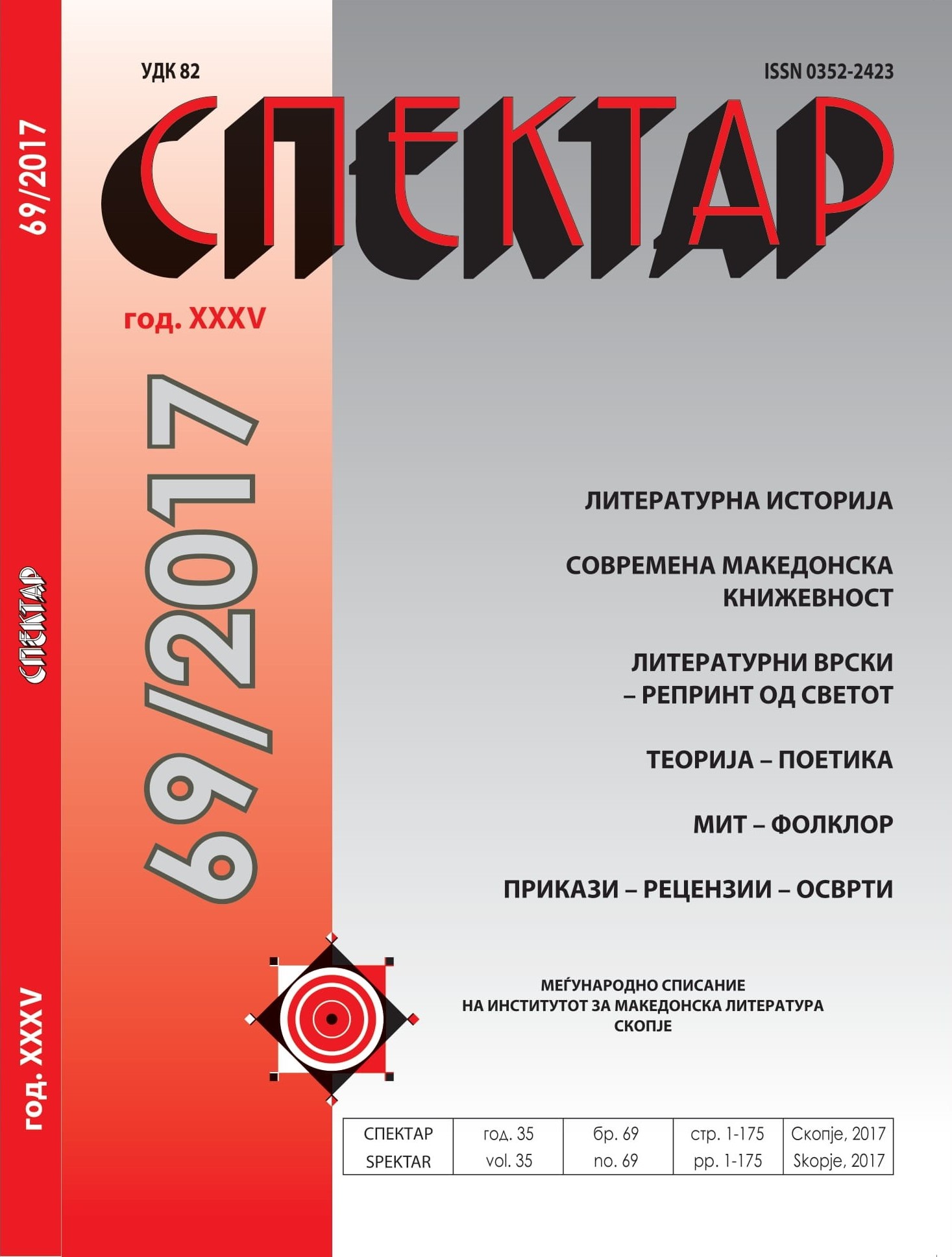ИДЕИTE ЗА (ЈУЖНО)СЛОВЕНСКО ЕДИНСТВО
И МАКЕДОНСКОТО ПРАШАЊЕ
IDEAS OF (SOUTH) SLAVIC UNITY AND
THE MACEDONIAN ISSUE
Author(s): Valentina Mironska HristovskaSubject(s): Political history, Politics and Identity
Published by: Институт за македонска литература
Keywords: idea; Seslovenstvo; Pan-Slavism; Illyrianism; Uniatism; Balkan federation; “separatism”; “Macedonia for Macedonians”
Summary/Abstract: The idea of united Slavs existed through the Middle Age, but in the XIX century it became a leading one. This study deals with the development as well as the ideological changes of this idea. At the beginning of the XIX century all Slavic peoples accepted the idea Seslovenstvo (all Slavic peoples’ Union). This idea had its roots in the Cyril and Methodius tradition. It was based on their postulates for cultural and economic unity of all Slavic peoples, and that would be autonomous and equal without domination of any of them. Macedonian people, under the influence of Pan-Hellenism, accepted this idea in the name of “brotherhood” and “Slavism”. But when the process of founding the states and nations began, this idea dispersed into political projects with ideas for: Pan-Slavism, Illyrianism, Uniatism, Balkan federation, which united and divided the peoples of the Balkans at the same time. Macedonia became the object of interest of Greece, Serbia and Bulgaria on one hand, and of Russia and the Great powers on the other. The political situation was very difficult. Macedonian people were growing skeptical of Pan-Slavism. Russia opposed to the idea of entering a Union with the Catholic Church, an idea which was very popular in Macedonia in the 1850s. Macedonian people saw in it the realization of their desire for independence. The Macedonian intellectuals and revolutionaries started viewing the idea of a Balkan federation as a way out of the long years of slavery, a union of equality of the peoples living in it. In this aspect, the Macedonian, as well as European intellectuals were unanimous in their attitude: “There is no Balkan federation without autonomous Macedonia”. Macedonian people, giving priority to Macedonian national identity over the Slavic and South Slavic identities, began to increasingly believe only in themselves and their struggle for independence. Hence the idea for “separatism” with the slogan: “Macedonia for Macedonians”
Journal: Спектар
- Issue Year: 2017
- Issue No: 69
- Page Range: 25-41
- Page Count: 17
- Language: Macedonian

